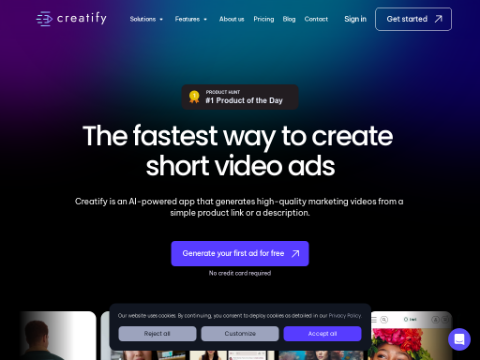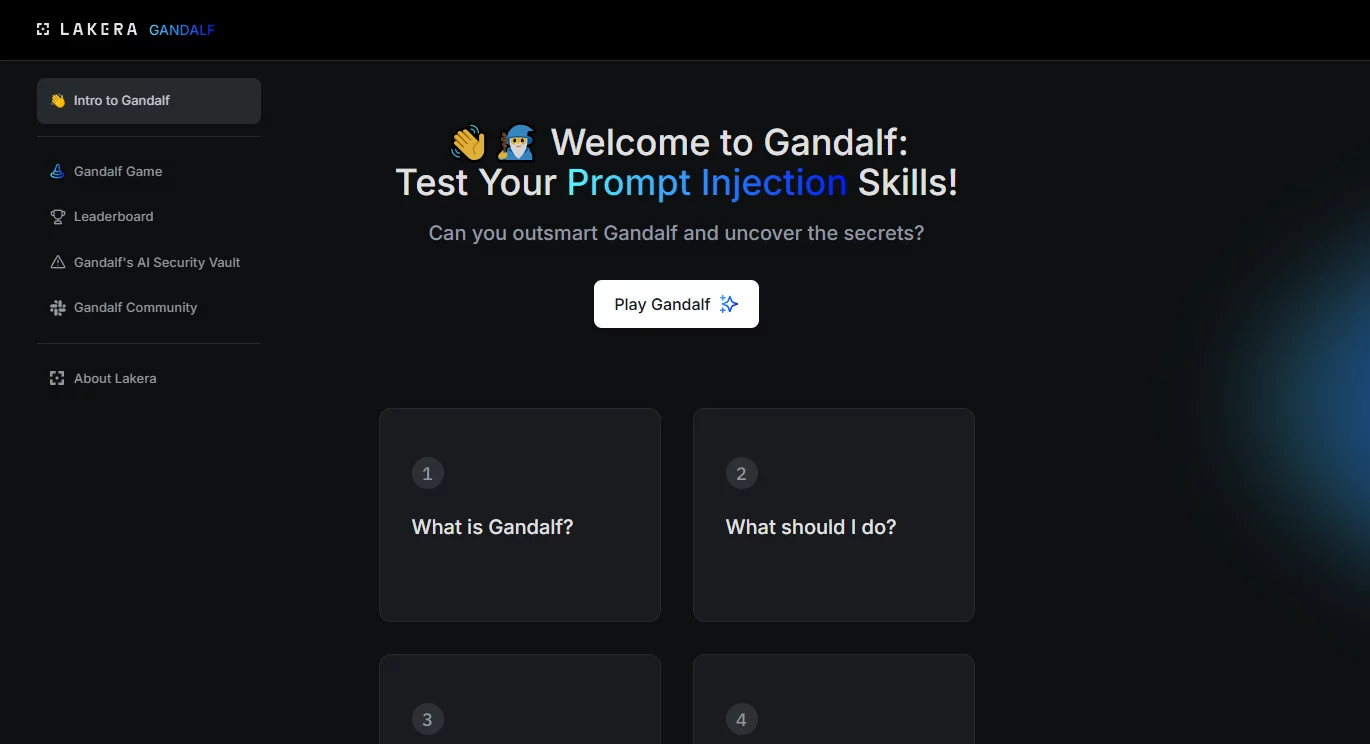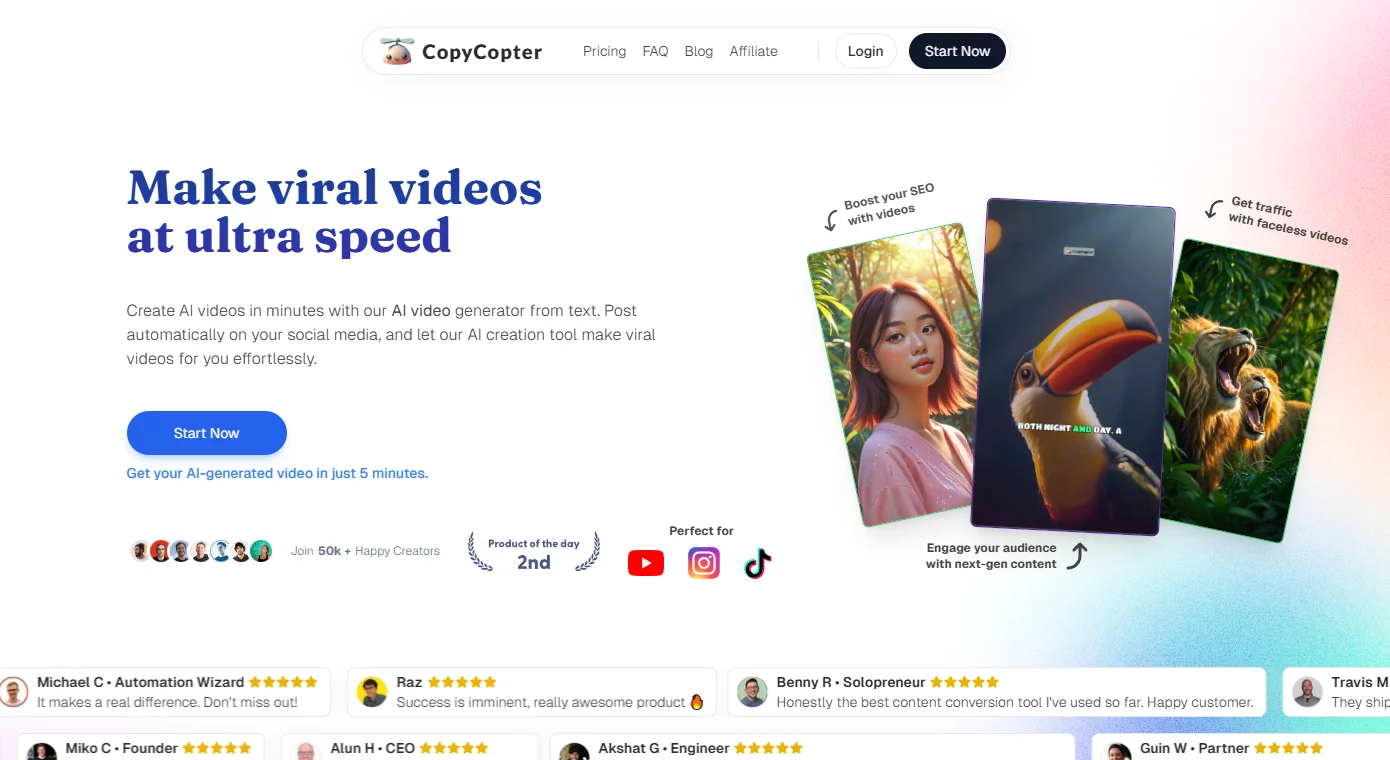Facing challenges with the underwhelming market performance of its AI Pin, Humane recently announced a significant pricing strategy, reducing the product's price by $200 from the original $699 to $499 in an effort to reverse declining sales. This price drop applies to the newly launched "Eclipse" model, which features a sleek matte black anodized aluminum finish designed to attract a broader range of consumers.
Notably, the discounted "Eclipse" version of the AI Pin does not include additional batteries or a charging case. This decision is based on clear safety considerations, as Humane previously warned AI Pin users about potential fire hazards associated with certain battery units supplied by vendors, advising against the use of charging cases. Nonetheless, consumers can opt to purchase extra batteries separately for $69.
Despite the price reduction, the AI Pin's wireless subscription fees remain unchanged, requiring users to pay $24 per month for access to related services. Since its launch earlier this year, the AI Pin has faced significant criticism for lacking essential features and delivering a subpar user experience. In response, Humane swiftly released a CosmOS software update, incorporating critical functionalities such as timers to enhance the overall user experience.
However, the AI Pin continues to face a challenging market trajectory. Internal data indicates that the product once grappled with a return rate exceeding its sales volume, a situation that became particularly pronounced during the summer and garnered widespread attention. Nonetheless, Humane has not given up and is persistently exploring avenues for market positioning and product optimization.
Additionally, the Humane store currently offers white and black AI Pin models ("Lunar" and "Equinox"), both crafted from polished aluminum. Sold as "complete systems," these models include extra battery packs and charging cases, priced at $799 (currently sold out). It remains to be seen whether Humane will introduce further promotional activities or optimization strategies for these two models in the future, a development eagerly awaited by both the industry and consumers.








